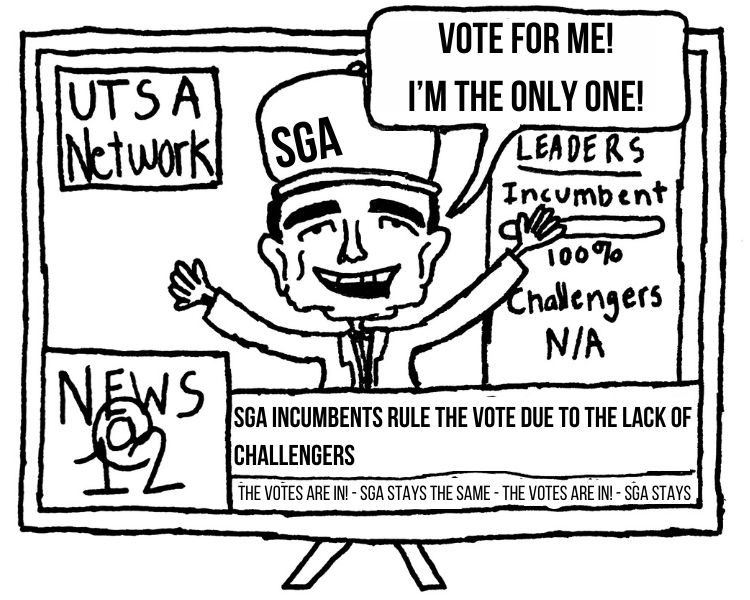For some people, depression feels like putting on a playlist of their 100 favorite songs, only to skip each one because nothing sounds right. For others, it’s sitting down to their favorite meal but taking only a few bites before staring at the rest, hoping their appetite may reappear before the food goes cold.
Some of depression’s most prevalent symptoms are loss of energy, motivation and interest in activities that are usually most enjoyable. As such, erratic changes to sleep, appetite and libido are common indicators.
As students, we are particularly susceptible to depression because the so-called “college experience” is full of behaviors that both result from and contribute to depression and other mental-health disorders.
Depressed individuals are driven by the subconscious mind to deprive themselves of sleep for the dopamine increase that results, but the infamous “all-nighters,” often followed by periods of oversleep, disrupt sleep patterns and ultimately contribute to the manifestation of depressive tendencies.
Substance abuse, although not inherently linked to mental health, is often a symptom of underlying problems and can be a factor in deteriorating mental wellness.
Poor eating habits—often due to cooking ineptitude, time constraints or budgetary concerns—can also be a symptom of depression’s effect on appetite. But poor diets often consist of foods that induce inflammation, which is increasingly considered a leading cause of depression. Furthermore, nutrient deficiencies and food intolerances can also lead to symptoms that are nearly indistinguishable from symptoms of depression.
During episodes of depression, it can be difficult for individuals to motivate themselves to exercise or even spend time outside. But exercise and vitamin D have both been shown to inhibit inflammation, making them crucial components to depression treatment.
Students who struggle with depression and other mental health disorders should not be at risk of failing or withdrawing because they are afraid to reach out for help, but widespread misconceptions about and dismissal of these disorders still prevent many from doing so.
A 2014 U.S. Department of Education report regarding the implementation of the Individuals with Disabilities Education Act said that students aged 14-21 with a mental health condition drop out at higher rate (37 percent) than any other disability group.
A 2013 report by the American College Health Association (ACHA) said that almost one-third of all college students’ success has been hindered by debilitating depression. The ACHA’s Spring 2015 Assessment also claimed that two-thirds of students struggling with mental illness never seek treatment.
There are encouraging signs that young adults are more prone to hold attitudes that counteract established stigmas about mental health disorders and treatment.
In a 2015 Harris Poll, 60 percent of respondents aged 18-25 viewed consulting a mental health professional as “a sign of strength,” compared to 35 percent of respondents above age 25. And 64 percent of respondents aged 18-25 expressed the belief that suicide is always or often preventable, whereas only 40 percent of adults above 25 believed the same.
However, over one-third of adults aged 18-25 perceived suicide as “a selfish act,” and one-quarter viewed suicide as a “sign of weakness or cowardice.”
Despite the progress that has been made towards de-stigmatizing depression, it is still difficult for many people to discuss their affliction with their employers, professors and doctors.
Seventy-eight percent of the younger demographic polled by Harris said they would tell someone if they had suicidal thoughts, but 65 percent said they would tell a friend or family member while only 40 percent said they would tell a health care provider.
This tendency to turn to those with whom we are most comfortable stresses the importance of making mental health treatment and suicide prevention common knowledge. If we are that much more likely to consult friends and family than doctors about depression, it is imperative that we strive to make mental health education a priority, whether institutional or informal.











